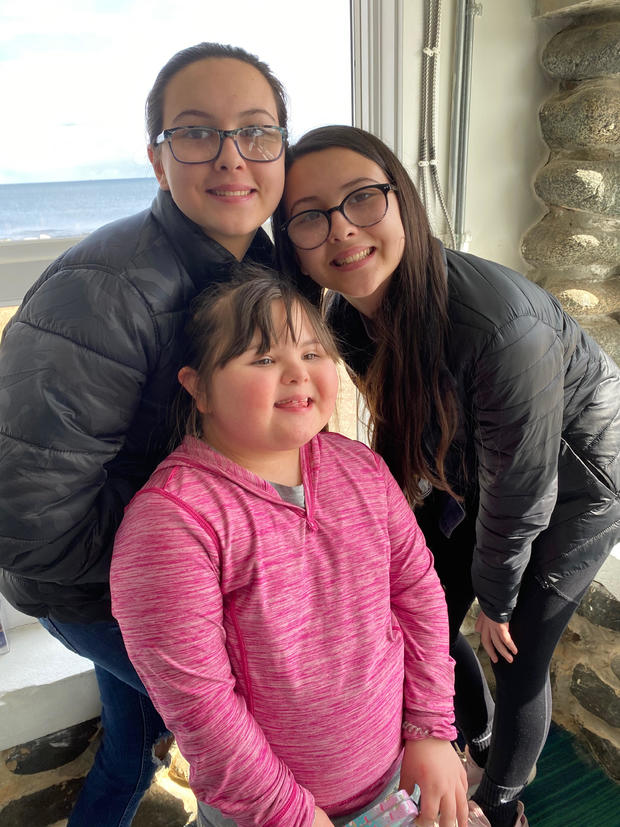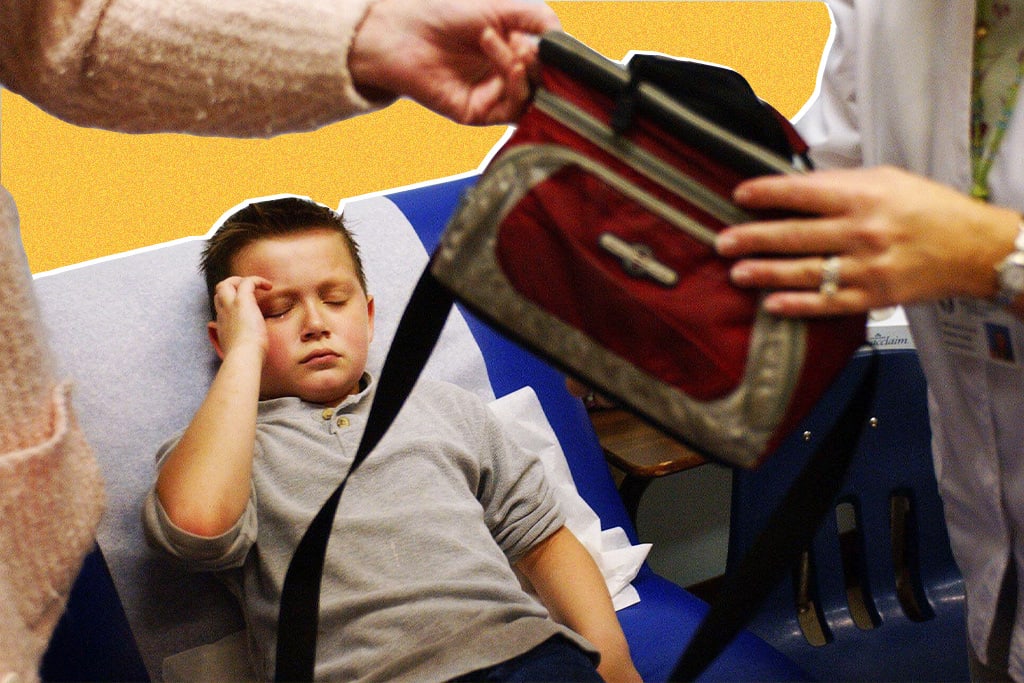Working moms among the hardest hit by coronavirus pandemic
As homeschooling, business closures and working from home become the new normal in America, experts warn one group is already feeling the economic pain of the coronavirus more than anyone else: women, particularly working mothers.
As of Monday evening, 33 states had announced mandatory school closures, impacting at least 32.5 million students in kindergarten through 12th grade. In states that haven't ordered closures, cities have taken matters into their own hands. New York City's public school system, the largest in the nation, announced on Sunday evening it would be closing all 1,800 of its schools and telling all 1.1 million students to stay home.
"We do know that when illness strikes, when medical needs arise, women tend to be the primary caregivers in families, particularly for children," said Jessica Mason, a senior policy analyst at the National Partnership for Women and Families, in an interview with CBS News. "So the need to care for children when a school is closed, it is most likely to pose a disproportionate burden on women."
Carrie Duran, a 48-year-old single mother of three in New Hampshire, found out her daughters' school was closing last Thursday, throwing a wrench into her part-time job as a legislative aide, something she told CBS News that she largely can't do from home. Duran, who describes herself as "very low income," said she's worried about providing lunches to her daughters, an expense normally covered by their school, and medication for her youngest, who has special needs.
"Your mind goes to places of an apocalyptic level," Duran said. "I'm a rational human being but protecting my family comes first."
For now, Duran has a food pantry she's used to feed her daughters, but she's worried about her ability to pay rent on April 1 if she's unable to work.
"It's so scary because it's not, 'what if, what if, what if,'" she said. "It's 'when.'"
About one in five working Americans are employed part-time, and women make up nearly two-thirds of that work force, according to a report from the National Women's Law Center. Part-time workers are the least likely to have access to benefits, or continue to be paid during a downturn. Women are twice as likely as men to work part-time, making coronavirus-related business closures particularly devastating to mothers.
"For decades, critically important public programs and structures have been starved of funding, and efforts to ensure that women have adequate income, health care, worker protections, support for caregivers, and nutrition and housing assistance have been met with relentless resistance," said Fatima Goss Graves, head of the National Women's Law Center, in a statement to CBS News on Tuesday. "Those efforts have placed women and their families at unconscionable risk from the COVID-19 crisis."
As Congress grapples with legislation to help families get through the COVID-19 outbreak — both medically and financially — Graves' group recommended politicians prioritize three things in order to help mothers in particular: stabilize state governments and find ways to provide income to families as soon as possible. The organization also recommended protecting frontline workers; about 80% of healthcare workers are women, making them particularly vulnerable to the virus.
Members of both parties have recognized the importance of helping single and low-income mothers in the federal response to the crisis. A preliminary aid package passed by the House establishes paid leave for some workers and includes hundreds of millions of dollars in emergency spending to provide food for mothers and pregnant women who lose their jobs, as well as provisions for states to help families with children who rely on schools for lunches. Proposals to provide direct cash payments to Americans to alleviate the crisis have also attracted widespread support on Capitol Hill.
Arleja Stephens, a single mother in Washington, D.C., relies on her job as an hourly security guard at the Smithsonian to support her four children. But last week, she found out on the news that the museum would be closing. For Stephens, that meant she was out of a job. Stephens's first reaction was to call her insurance company so she could start working for a rideshare company like Uber or Lyft, even though the work would put her at risk of exposure.
"I'm going to do whatever I have to do to take care of my children," Stephens said during a telephone interview with CBS News last week.
During the interview, Stephens found out she'd be getting two weeks of pay while the museum was closed. She's expecting to use those funds, plus her $1,000 emergency savings, to take care of her family. In the meantime, she'll be applying for services like unemployment insurance and food stamps to make ends meet.
"As long as it doesn't go past this month, I will be good," Stephens said. "After that, rent is due."




